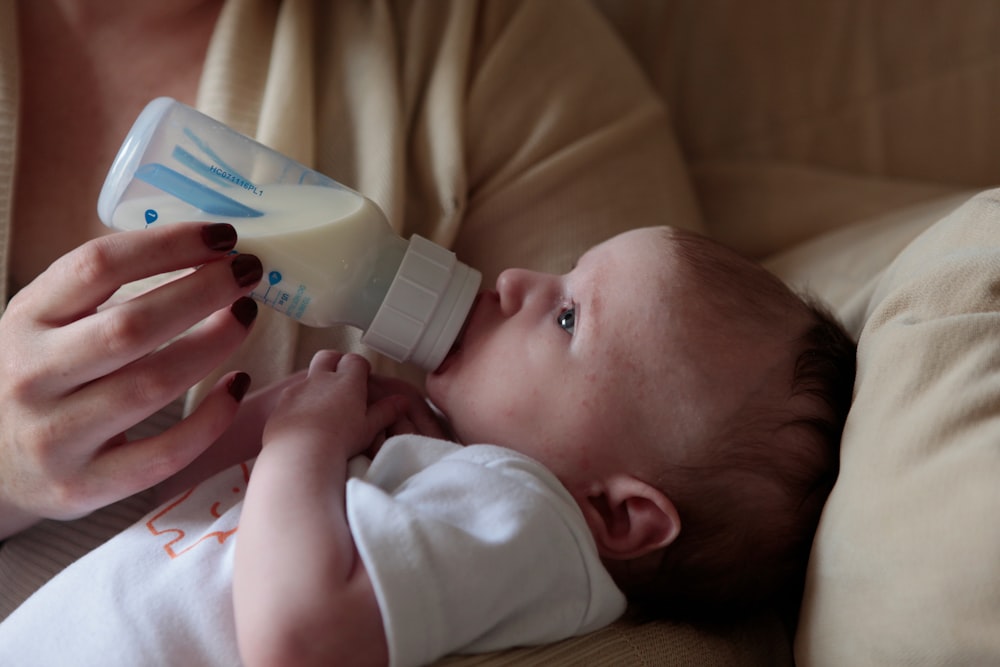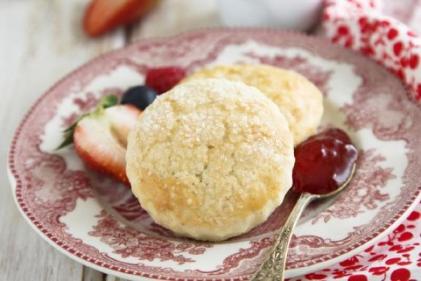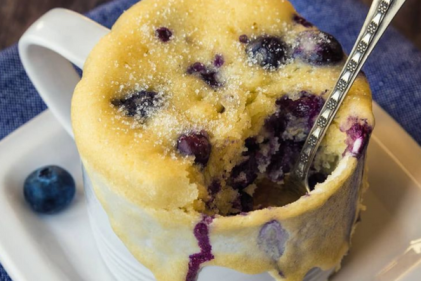Expressing and storing breastmilk can be an anxiety-inducing experience. What if we don’t follow the right steps? What if we don’t defrost is properly and baby gets sick? What if we leave in for too long and it gets wasted?
We’re here with all the instructions verified by the HSE for your guide to freezing and defrosting your breastmilk safely and securely so none goes to waste and you can plan ahead.*
Note: These guidelines are for full-term healthy babies. If your baby is sick, premature, or hospitalised, check with the hospital, your midwife or your doctor for guidelines.

Storing breastmilk correctly means you get to keep all the essential enzymes, hormones and antibodies that are vital for your baby’s health and growth and that they aren’t lost to bad bacteria due to poor storage.
What’s really important first off, is to make sure to store the breastmilk in small amounts – I there’s a massive storage unit of it tucked away in the freezer and it goes off or it’s stored incorrectly, it will mean there’s a lot of waste. Plus, storing small amounts means it defrosts quicker when you need more.
While fresh milk or fridge-stored expressed milk is what’s best for baby, freezing is a great option if you want some stored away for another time.
So what can I store expressed milk in to freeze it?

A clean, sterile container with an airtight seal is what’s best. It needs to be something you can easily label as you’ll need to put expression and storage dates on it to keep track. There are specific disposable single-use breast milk storage bags you can use, if you don’t want to use containers. They allow you to store a small amount of milk, but you may need to double bag them to be sure nothing leaks, or else place them in a container to ensure nothing leaks. Both storage forms have pros and cons; bags are awkward to pour from, but also mean no wash up as they’re single use. Containers take up more fridge space, but you lose less milk fats and antibacterial cells when you use a hard plastic or a glass container.
How do I sterilise my containers?
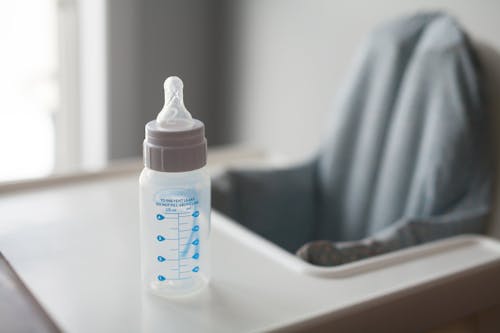
It’s essential that all containers be totally clean before using the to store breastmilk. Wash and rinse them all, but also sterilise them if you can. Try to avoid chemical sterilising if at all possible and use a steam steriliser or microwave steriliser instead.
How do I properly store it once they’re sterilised?
Allow for the breastmilk to expand when it freezes, and leave an inch or two free at the top of the container. If using a bag, squeeze out the air in the top of the bag and seal it such an inch or two above the milk. Ensure they’re well-sealed to avoid leaking.
Pro tip: Laying bags down flat in a container makes them freeze flatter and flatter bags are easier to thaw later on!
Next, label each container with the date you’re freezing it on and then you know which is the oldest milk – always use the oldest milk first.
When does frozen breastmilk go out of date?
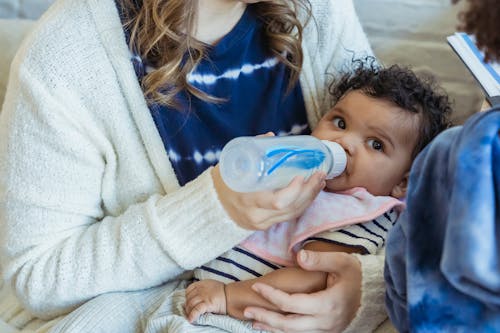
You can keep stored milk:
- sealed outside of the fridge for up to 4 hours in temperatures less than 20 degrees
- in a fridge for up to 5 days - place it on a shelf and not inside the door
- in a fridge freezer for 3 months
- in a deep freezer for up to 6 months
Store breast milk in the coldest part of the fridge – at the back, on the shelf above the vegetable compartment. Do not store in the fridge door as the temperature is less consistent.
How long does breastmilk keep for after it’s been thawed?
Previously frozen breast milk can be kept in the refrigerator for 24 hours after thawing. This means that you can thaw the milk for all your baby's feeds overnight in the refrigerator if you wish. This can make it faster to prepare when your baby is hungry.
Never ever re-freeze milk that has thawed out as it could cause harmful bacteria to grow.


